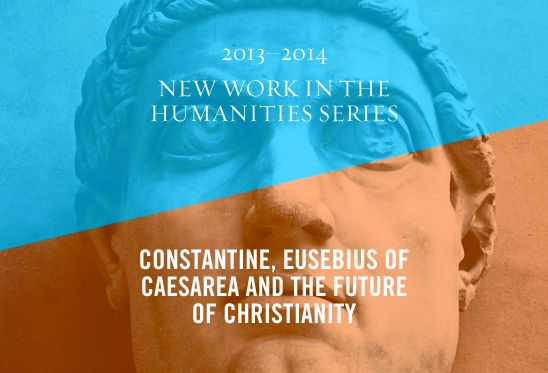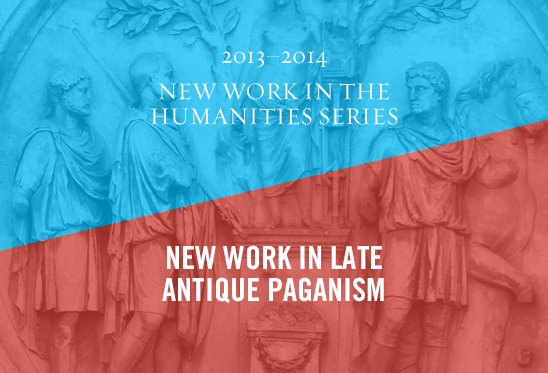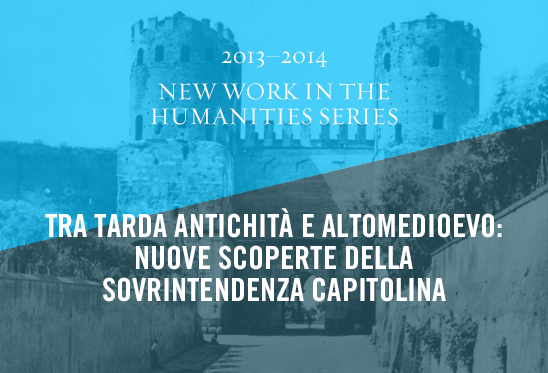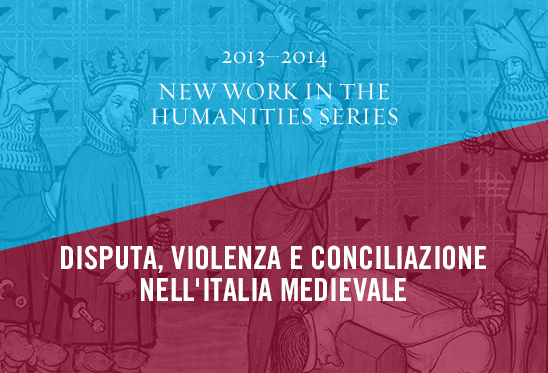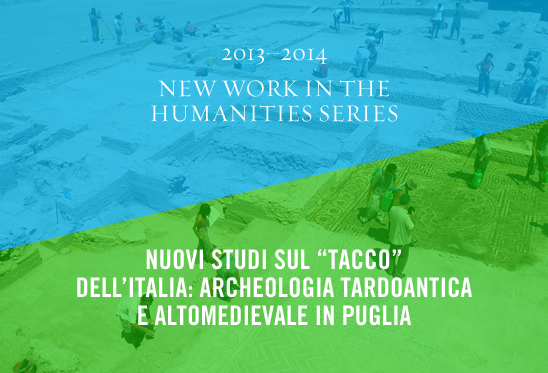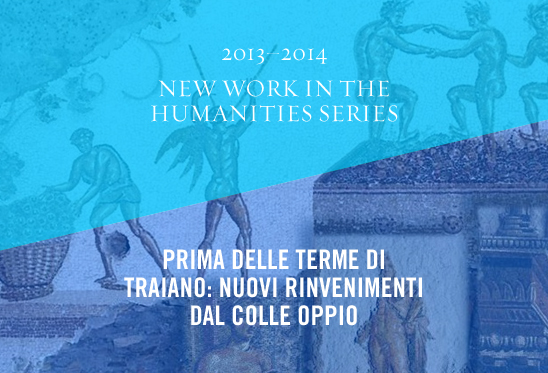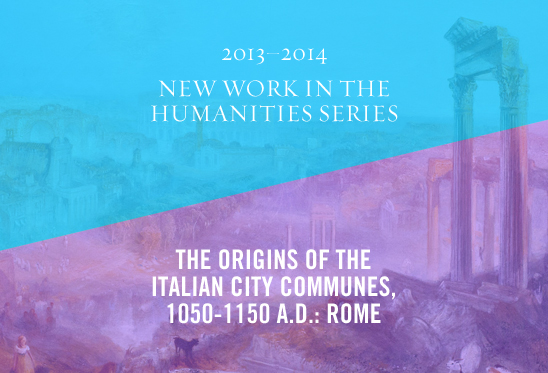Peter Brown – Constantine, Eusebius of Caesarea, and the Future of Christianity
The lecture is part of the New Work in the Humanities Series 2013–14: New Work on Late Antiquity and the Middle Ages.
The lecture will delineate the notion of the future expansion of Christianity as this is expressed in the works of Eusebius of Caesarea and as it is implied in the statements and actions of Constantine. It will attempt to conjure up what Christians of the age of Constantine thought about the future prospects of Christianity. By this means, the lecture will define what was considered by Christians to be the limits of the possible in the age of Constantine, and, hence, what they could accept as the measure of their success. In so doing, it hopes to rescue discussion of the age of Constantine from many anachronisms that project onto this period ambitions and expectations of success for the Christian church that belong to later generations.
Peter Brown is Philip and Beulah Rollins Professor Emeritus of History at Princeton University. He previously taught at London University and the University of California, Berkeley. Brown has written on the rise of Christianity and the end of the Roman Empire. His works include: Augustine of Hippo (1967); The World of Late Antiquity (1972); The Cult of the Saints (1981); Body and Society (1988); The Rise of Western Christendom (1995 and 2002); Poverty and Leadership in the Later Roman Empire (2002); and Through the Eye of the Needle: Wealth, the Fall of Rome, and the Making of Christianity in the West (350–550 AD) (2012). He is the winner of an Andrew W. Mellon Distinguished Achievement Award, a Klug Prize, and numerous honorary degrees and book prizes.
The lecture will be held in English. Simultaneous translation will be available. Seating on a first-come, first-served basis. The Friends of the Library Annual Book Sale will be held in the Academy's salone from 10am to 5pm on the same day.
